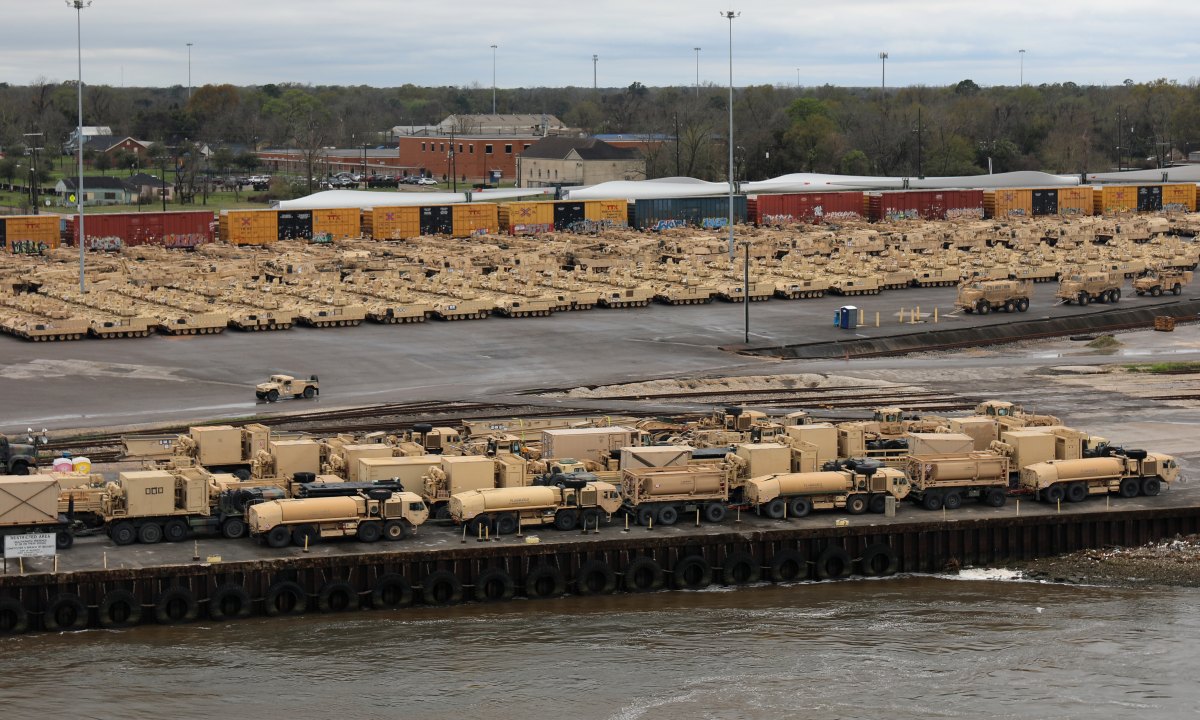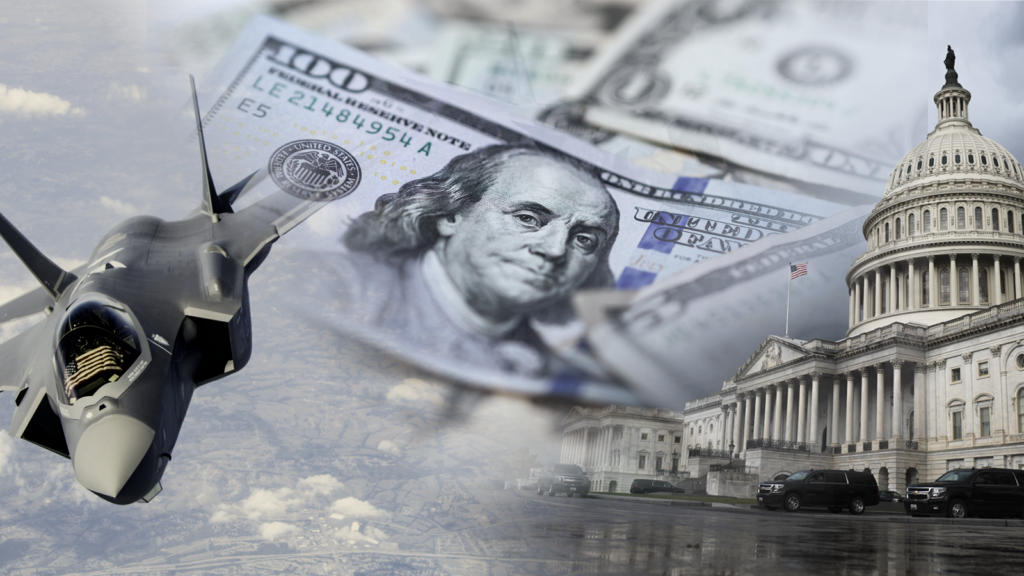- Reaction score
- 8,067
- Points
- 1,160
Oceania awakes and Eurasia takes notice.

 mwi.westpoint.edu
mwi.westpoint.edu
The authors' sense is that from the Chinese perspective the match has already started and that delay only really serves Oceania.
In other words, deterrence has failed.
Which, in turn, leads to this:

 breakingdefense.com
breakingdefense.com
....
The US, like most of Oceania, is carrying a lot of debt. Financing a protracted war would put an economic burden on the US that it may or may not be able to carry. But, even if it could carry it on its own it would be economically disadvantaged compared to the rest of Oceania sheltering under its umbrella.
The US, with or without Trump, needs the rest of Oceania to pony up and carry its share of the load, to take on the same debt levels if necessary.

On (Protracted) War: The Challenge of Sustained Large-Scale Combat Operations - Modern War Institute
An increasing number of highly respected analysts note the tighter coordination among Russia (America’s acute challenge), China (America’s pacing challenge), North Korea, and Iran. These countries share an aversion to […]
 mwi.westpoint.edu
mwi.westpoint.edu
An increasing number of highly respected analysts note the tighter coordination among Russia (America’s acute challenge), China (America’s pacing challenge), North Korea, and Iran. These countries share an aversion to the international system organized and maintained by the United States and her allies. They also share a determination to achieve national goals that do not comply with expected international norms about the use of force in international politics to change boundaries and respect for sovereignty.
The authors' sense is that from the Chinese perspective the match has already started and that delay only really serves Oceania.
The Threat Perspective
Appreciating the risks of a protracted conflict first requires an understanding of the perspective of threat actors. Insofar as China is considered our pacing challenge, its outlook is particularly instructive. It is commonly held that China’s leaders today respect American military and technological capabilities. They do not appear to be confident of victory in any scenario, but these anxieties should not reassure us. They appear to take US alliance and defense buildup plans quite seriously. From their point of view, the American-led enemy mobilization has already begun.
From Beijing’s perspective, there might be several reasons to seriously consider taking what seem to be necessary actions sooner rather than later. China may not fear that such actions will cause a geopolitical break with the United States and the West, for example, because Beijing perceives this break to have already occurred. Chinese leaders see America already energetically organizing, with some effect, a global coalition to impose containment and strategic decoupling through technology and trade controls. They believe that for now, in this wartime environment, European governments are deferring to the Americans, though many Chinese leaders disagree.
Chinese leaders and strategists might also see that Americans and Europeans feel economically and financially fragile, fearful of initiating a conflict that will immediately trigger a potentially apocalyptic global economic and financial crisis. And if there is such a storm, Chinese leaders may believe they are better able to weather it. They have already been helping to establish a parallel global trading system to accommodate Russia, Iran, North Korea, and other targets of American sanctions.
And, of course, they cannot help but note that the Ukraine crisis has shocked America into trying much harder to ramp up its defense industrial base. This is a worrying development for China. Beijing is concerned that America might significantly enhance its capacity to produce weapons and other materiel, including long- or mid-range standoff precision munitions. But it will take some time for the Americans to do this, and even an extra year or two may make a difference. US rapid development and fielding initiatives are another source of concern to China as an important component of strategic competition—or even the initial stages of a conflict. Major investments in AI-related endeavors, programs like the Replicator initiative, and other innovations may well be seen as threats from a Chinese perspective.
Further, Japan is rearming and developing capabilities to operate beyond its own territory, which could have huge consequences in the Indo-Pacific, but this too will take time. To Chinese leaders, the Japanese turn may seem particularly ominous. Japan has also overcome historical grievances that have blocked close military and intelligence cooperation with South Korea. The recent activation of a new US three-star headquarters in Japan is likely to be regarded as a significant step toward increased capability for America and its regional allies and partners.
China has also watched as its American rivals now have a huge backlog of approved arms sales to Taiwan, but much of this has not been delivered. Chinese leaders will prefer that none of it ever is. The Americans have successfully negotiated for base access in the Philippines, but they are not yet ready to use these bases. And the Americans are orchestrating new military construction as well as multinational efforts and exercises with individual allies like Japan and South Korea and through multilateral mechanisms like the AUKUS partnership and the Quad. The concerted efforts of the United States to work more closely with nations across the region is also regarded as inimical to Chinese interests.
In other words, deterrence has failed.
Which, in turn, leads to this:

Trump wants NATO to hit 3 percent GDP on defense. The US could fall short - Breaking Defense
In this op-ed, Dustin Walker and Mackenzie Eaglen of AEI assert that the US will struggle to keep hitting 3 percent of GDP spending if the budget doesn't expand dramatically.
....
The US, like most of Oceania, is carrying a lot of debt. Financing a protracted war would put an economic burden on the US that it may or may not be able to carry. But, even if it could carry it on its own it would be economically disadvantaged compared to the rest of Oceania sheltering under its umbrella.
The US, with or without Trump, needs the rest of Oceania to pony up and carry its share of the load, to take on the same debt levels if necessary.




